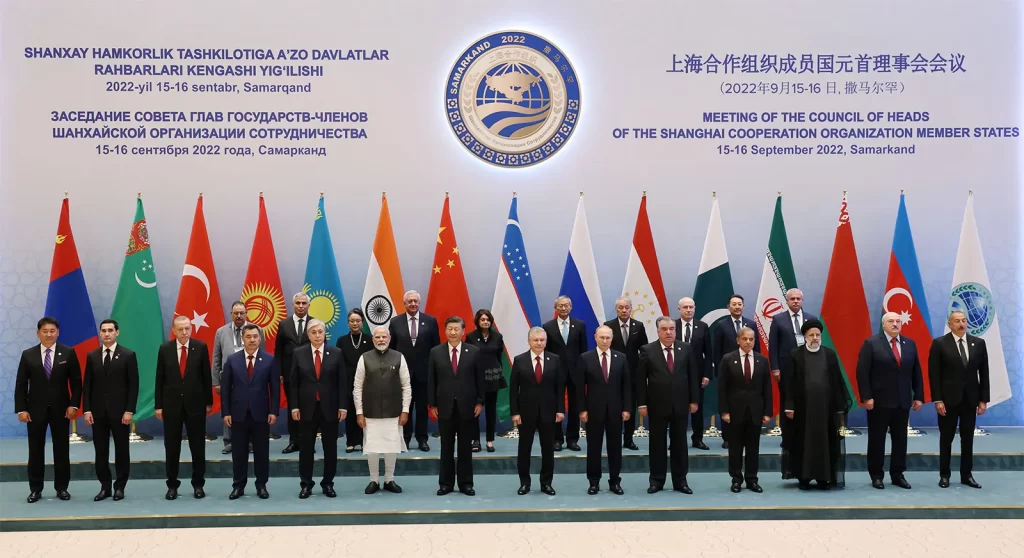India should commit for regional coopeeration, mutual understanding and addressing shared challenges and enhance relations.


India should commit for regional coopeeration, mutual understanding and addressing shared challenges and enhance relations.
India should commit for regional coopeeration, mutual understanding and addressing shared challenges and enhance relations.
India should commit for regional coopeeration, mutual understanding and addressing shared challenges and enhance relations.
India should commit for regional coopeeration, mutual understanding and addressing shared challenges and enhance relations.
India should commit for regional coopeeration, mutual understanding and addressing shared challenges and enhance relations.
India should commit for regional coopeeration, mutual understanding and addressing shared challenges and enhance relations.
India should commit for regional coopeeration, mutual understanding and addressing shared challenges and enhance relations.
India should commit for regional coopeeration, mutual understanding and addressing shared challenges and enhance relations.
India should commit for regional coopeeration, mutual understanding and addressing shared challenges and enhance relations.
India should commit for regional coopeeration, mutual understanding and addressing shared challenges and enhance relations.
India should commit for regional coopeeration, mutual understanding and addressing shared challenges and enhance relations.
India should commit for regional coopeeration, mutual understanding and addressing shared challenges and enhance relations.
India should commit for regional coopeeration, mutual understanding and addressing shared challenges and enhance relations.
India should commit for regional coopeeration, mutual understanding and addressing shared challenges and enhance relations.
India should commit for regional coopeeration, mutual understanding and addressing shared challenges and enhance relations.
Can you be more specific about the content of your article? After reading it, I still have some doubts. Hope you can help me. https://accounts.binance.info/ka-GE/register-person?ref=ILE8IH9H
Yo, lucky777app, you’ve been keepin’ me entertained! Easy to use and the games are actually pretty fun. Check it out lucky777app.
Your point of view caught my eye and was very interesting. Thanks. I have a question for you. https://accounts.binance.com/cs/register-person?ref=OMM3XK51
Slot tại 888slot login apk có biểu tượng động và hiệu ứng rung (trên điện thoại) – tăng cảm giác chân thực và phấn khích khi trúng thưởng lớn. TONY12-30
Thank you for your sharing. I am worried that I lack creative ideas. It is your article that makes me full of hope. Thank you. But, I have a question, can you help me? https://accounts.binance.com/en-ZA/register?ref=B4EPR6J0
Can you be more specific about the content of your article? After reading it, I still have some doubts. Hope you can help me.
66b app có đội ngũ CSKH nói tiếng Việt lưu loát, hỗ trợ 24/7 qua live chat, Zalo, Telegram – giải đáp mọi thắc mắc trong tích tắc. TONY01-12
Your article helped me a lot, is there any more related content? Thanks! https://accounts.binance.info/es-MX/register?ref=GJY4VW8W
Your article helped me a lot, is there any more related content? Thanks! https://accounts.binance.info/si-LK/register-person?ref=LBF8F65G
Your point of view caught my eye and was very interesting. Thanks. I have a question for you. https://www.binance.com/bn/register-person?ref=WTOZ531Y
Your point of view caught my eye and was very interesting. Thanks. I have a question for you. https://www.binance.info/kz/register?ref=K8NFKJBQ
I don’t think the title of your article matches the content lol. Just kidding, mainly because I had some doubts after reading the article.
Thank you for your sharing. I am worried that I lack creative ideas. It is your article that makes me full of hope. Thank you. But, I have a question, can you help me?
66b apk là thương hiệu cá cược uy tín được cấp phép bởi PAGCOR. Sân chơi này nổi tiếng với sự minh bạch trong trả thưởng và bảo mật thông tin tuyệt đối cho người chơi tại Việt Nam. TONY02-11O
Your article helped me a lot, is there any more related content? Thanks!